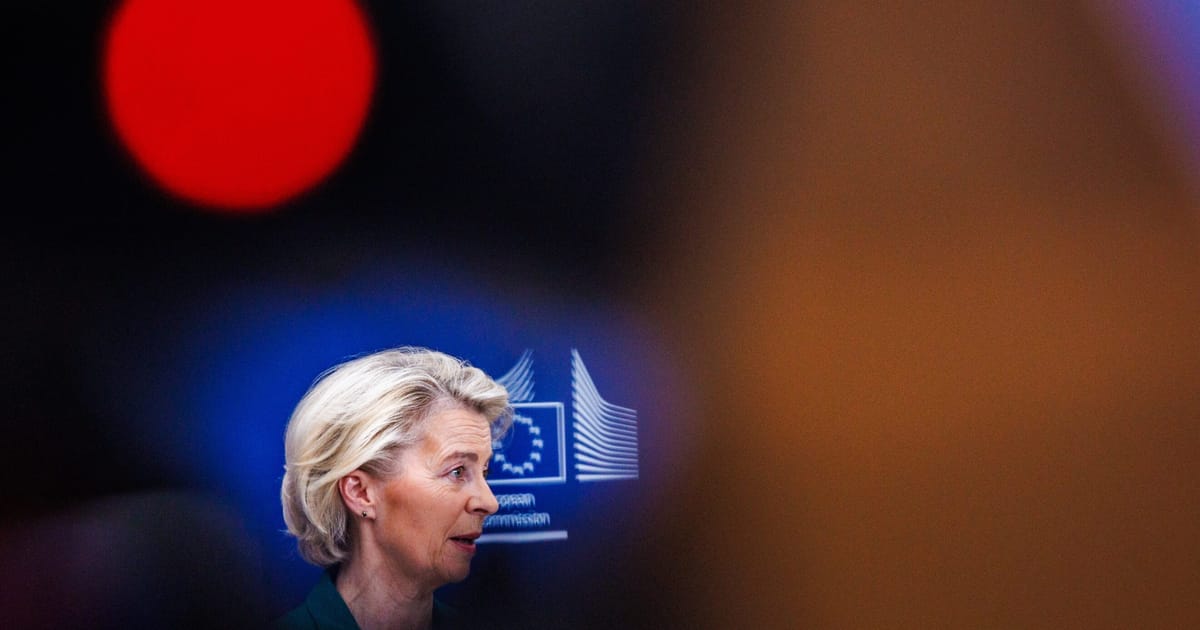

In a rapidly evolving global landscape, Europe finds itself at a crossroads, facing pressing challenges and opportunities that require mindful deliberation and strategic planning. Amidst geopolitical tensions and shifting trade landscapes, the European Union’s efforts to reshape its financial framework and respond to international trade measures take center stage.
Europe’s leadership is currently engaged in important discussions about its financial foundation, primarily centered around the proposed €1.2 trillion multiannual financial framework. This ambitious proposal is seen as crucial in reinforcing Europe’s competitive edge and economic resilience in the face of global influences from major players like Russia, China, and the United States. The stakes are undoubtedly high, demanding a budget that carefully balances growth, security, and sustainability priorities.
On the transatlantic front, relations are experiencing strain as trade discussions continue between the United States and the EU. Recently, U.S. President Donald Trump announced intentions to impose a 30 percent tariff on certain goods from the European Union, citing unsatisfactory trade deal offers. This move has prompted the European Commission to consider a set of countermeasures, potentially affecting U.S. aircraft, cars, and food items entering the European market.
While these deliberations unfold, Kevin Hassett, the White House economic adviser, has assured that negotiations remain active, stressing the U.S. administration’s openness to reaching mutually beneficial agreements. However, Hassett also emphasized the seriousness of the proposed tariffs, indicating that they will be implemented if the deals do not meet the president’s expectations.
This developing situation comes at a time when the global trade arena is witnessing countries reassessing their economic alliances. Compelled by the need to secure fair trade agreements, many nations are exploring new economic avenues, even as they face the short-term implications of transitioning away from long-standing trade partnerships.
Europe’s strategic planning extends beyond budgetary concerns and trade disputes. The continent is poised to reinforce its stance on innovation and sustainability, aiming to chart a course that ensures long-term prosperity for its citizens. As discussions advance, there is a shared understanding of the importance of solidarity among EU member states, underscoring the need for a unified front when addressing both internal and external challenges.
As stakeholders from multiple sectors engage in these discussions, the focus remains on crafting solutions that align with Europe’s values and aspirations. Through cooperative efforts and thoughtful dialogue, the European Union is committed to navigating these complex economic dynamics with resilience and foresight, ensuring a stable and thriving future in a globally interconnected world.
In conclusion, these economic deliberations, encompassing both financial planning and international trade relations, reflect a mindful approach to addressing Europe’s present challenges while building a robust foundation for the future. As Europe continues to adapt and evolve in a shifting global landscape, its commitment to collaboration and strategic innovation remains unwavering.
Source: {link}
